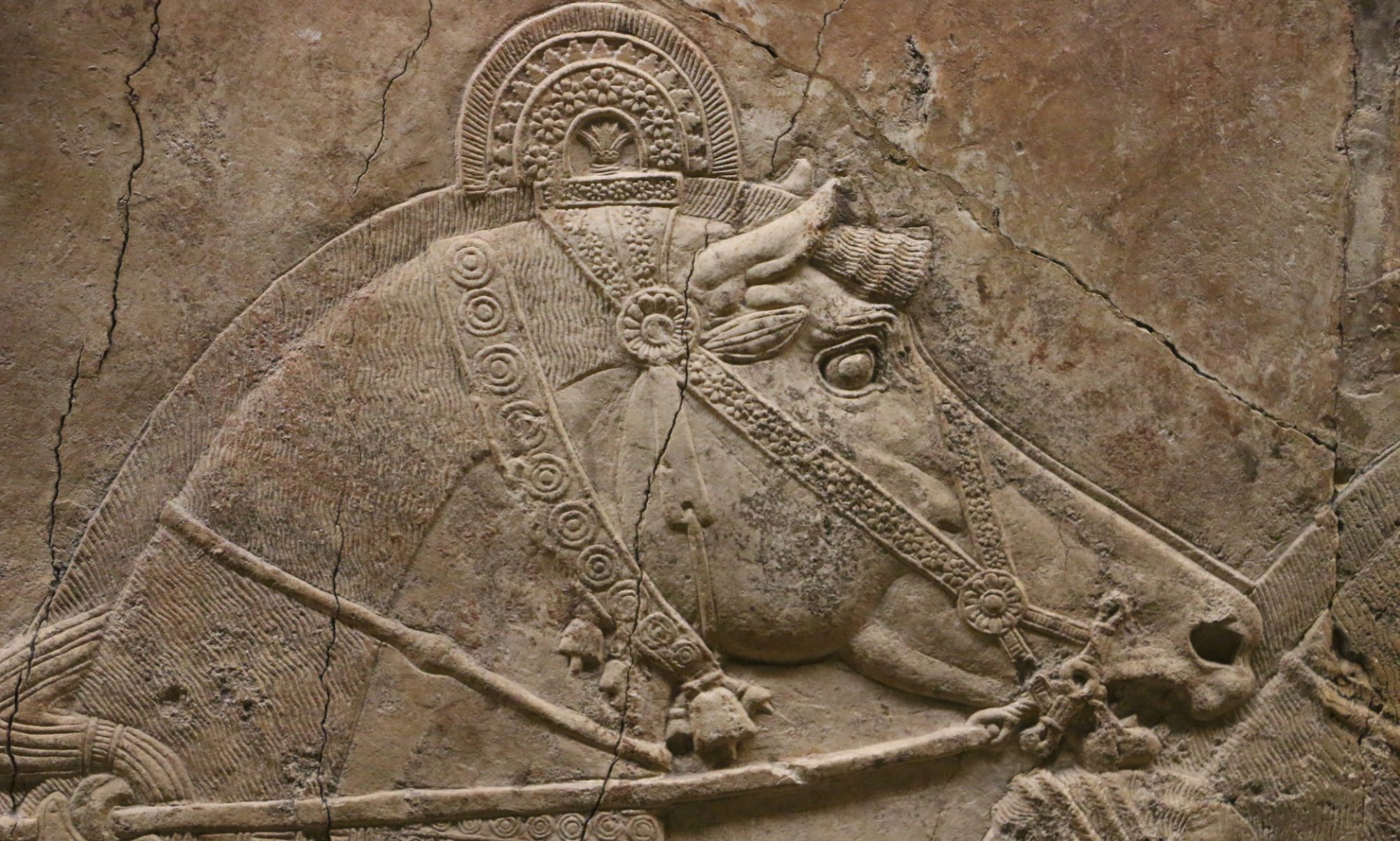
- ISBN: 9781445683768
- Hardback
- 304 Pages
- 15 Jan 2019
- 30 Images
- https://www.amberley-books.com/killing-napoleon.html
Although I don’t agree anyone can read about the Napoleonic and Revolutionary wars without being aware of the royalist opposition to both, I do admit that there is a widespread delusion that Napoleon was a beloved and cherished leader.
Fanatical loyalty to the emperor did indeed exist, but an equally fanatical element opposed him and everything that had occurred since the overthrow of the monarchy.
This is best exemplified in the attempted assassination of Napoleon in 1800, the subject of this book by Jonathan North. The first Consul, as he was then, was nearly the victim of an indiscriminate explosion that was detonated as his carriage drove by.
Fate intervened to spare Napoleon a martyr’s death and the Napoleonic Wars were destined to play out in all their collective horror. North’s book is about recreating this dramatic event that almost changed history, and examining the effect it had.
North does a good job of retelling the story in the vein of a thriller novel, loading a relatively short book with detail. Sketching out the characters, their motivations, the political and cultural scene right down to the place the ‘Infernal Machine’ was laid.
Unfortunately, although I enjoyed the book in many respects, and found it on the whole very interesting and detailed, I was unable to get past the author’s opinion or spin that this was an early example of a terror attack.
Many people interpret ‘terror attack’ and ‘terrorist’ differently. To my mind these are modern terms and have no real equivalent in the early 19th century. My interpretation of terrorist is an individual of a political group that is intent on bringing about a certain political result through violence against the public.
It is a fine point, for the elements of this event bear strong resemblances to modern terrorist attacks. However the would be assassins, though uncaring about who died in the explosion, were really after one target, Napoleon, they were not out to terrify the public.
There was also never a concerted, conscious campaign of violence directed against the citizens of France exterior to course of conflict in western France, which was a civil war between royalists and Republicans not relatable in practice to modern terrorist activities.
The attempted assassination of Napoleon was similar to a terrorist attack, but in spirit quite unlike one. That aside I thought that ‘Killing Napoleon’ was an interesting and entertaining read that sheds light on an important moment in the history of Napoleonic France.
Until the next time, Believe me: Josh,


You must be logged in to post a comment.